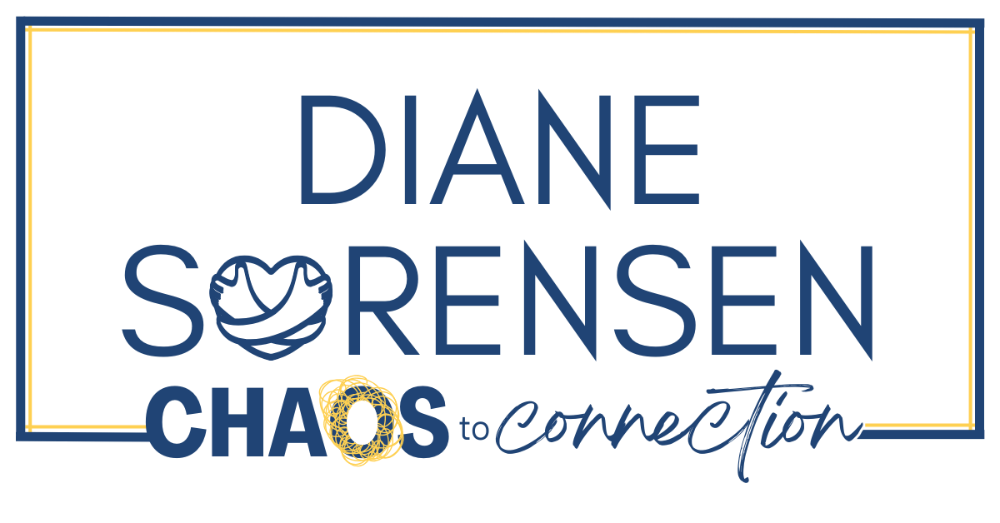How to Break Generational Parenting Patterns
Sep 26, 2022
As a kid I remember once thinking…..I just want to do the opposite of whatever my parents are telling me to do (although I didn’t have the courage to do so, but I wanted to). Why? Because I felt powerless to their demands.
The societal belief that children must be controlled leaves us with two choices: 1) abandon ourselves to please others or 2) become rebellious to try to preserve some sense of dignity. Neither is helpful in cultivating healthy relationships or becoming independent thinkers and confident, kind, responsible members of society.
How is making children feel bad helping them towards these values?
Furthermore, how is your behavior when you feel bad about yourself?
The reality is we do not show up as our best selves when we feel bad about ourselves and neither do our kids.
Do you find yourself addressing the same behaviors over and over again? I did too.
It is time for change.
Change in how we see our children.
Change in how we show for our children.
Change in how we see ourselves. Ever have the feeling that you’re “not good enough?” Traditional practices of control and compliance leave us feeling less than good enough.
The number one predictor in our ability to change is MINDSET.
“When you change the way you see a child, the child you see will change.”
- Unknown
When we see a child as purposefully misbehaving it drives feelings of frustration, anger, or disappointment within us. These feelings drive our reaction. We are triggered and unconsciously react to our child in ways that are not helpful. We blame the child for this interaction.
If you would just _____ I wouldn’t have to _____. You can probably fill in the blanks – “If you would just listen, I wouldn’t have to yell.” “If you would just clean your room I wouldn’t have to take your screen time away.”
You have now given our power away to the child. From this perspective the child has the power to make you feel a certain way AND is responsible for making it okay for you. With this perspective you are a victim to your child.
Seeing all behavior for what it is, a means of communication, opens us up to new perspectives.
Behavior that is going along with the routine, following direction for the most part and getting along with others communicates all is well. The child’s needs are being met. Behavior that is disruptive, disrespectful, or hurtful communicates something is wrong. Perhaps a need that is not being met or a skill the child is lacking or has not yet mastered.
From this perspective we can get more information and guide the child back to helpful behavior by working with the child towards helpful solutions. This nurtures the relationship which cultivates willingness and cooperation. It also prompts children towards becoming independent thinkers, problem solvers, compassion and responsibility.
I’m not saying this is easy, fast or comfortable. What I am saying is that change is possible and when we show up to our children in a different way it has a profound impact on them.
The number one predictor of what gets in the way of this change is FEAR.
We resist change because it’s uncomfortable. We like control because it feels comfortable. All of those strategies we seek are for us the adult because they bring us comfort in the moment. The problem with those of us who try to avoid conflict or upset is that we get more of it.
Changing our perspective from seeing a child’s behavior as something they are doing to us, to seeing it as something they need help with changes how we feel on the inside which then allows us to mindfully respond rather than automatically react.
This takes some work. It takes a willingness to look inside ourselves and become familiar with our own unconscious limiting beliefs that keep us stuck in overwhelm, anxiety and blaming our children for the chaos in our life.
It takes awareness of our self-talk. How do you talk to yourself in your head? Do you have a critic in your head or a compassionate friend? Are you your own worst enemy or your own best friend? The voice in our head comes from our significant care givers in childhood.
How you discipline yourself in your head is how you were disciplined as a child. How you discipline yourself in your head is also how you will discipline your children. How you discipline your children is how they will discipline themselves in their head and they will pass this on to future generations.
We cannot show up as our best selves when the voice in our head is constantly berating us.
Are you willing to change the voice in your head?
How are you willing to see your child’s behavior?
Stay connected with news and updates!
Join our mailing list to receive the latest news and updates from our team.


